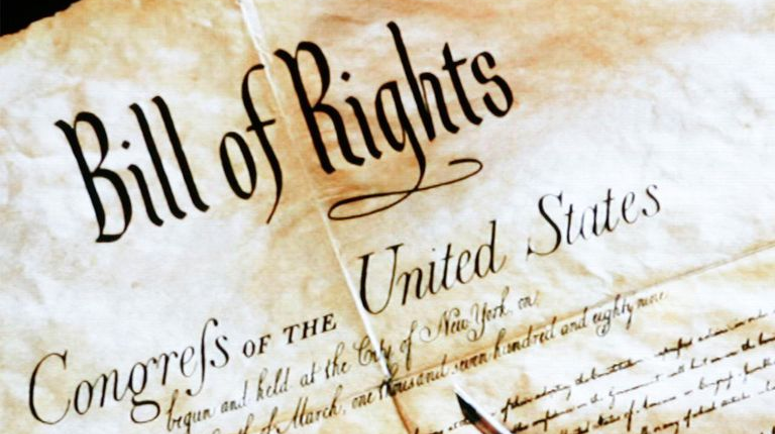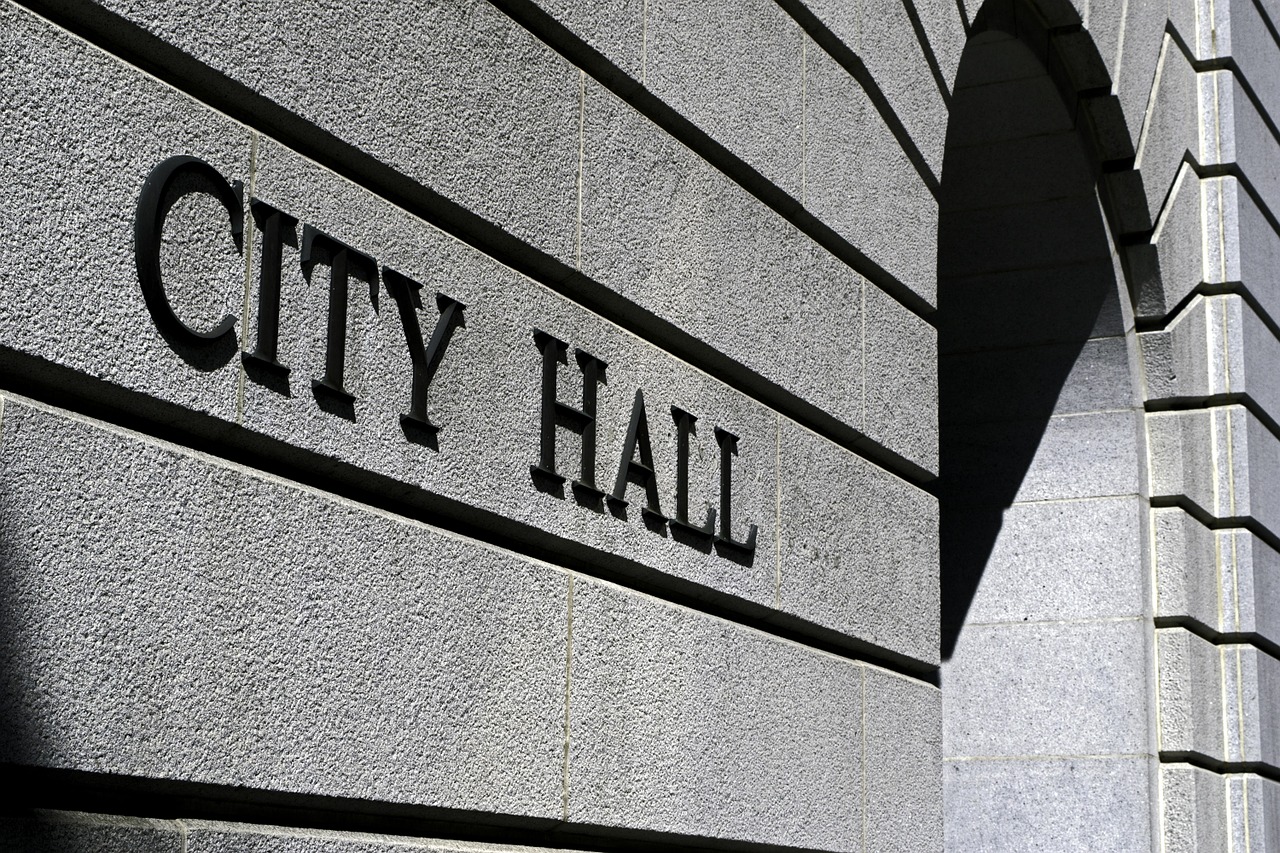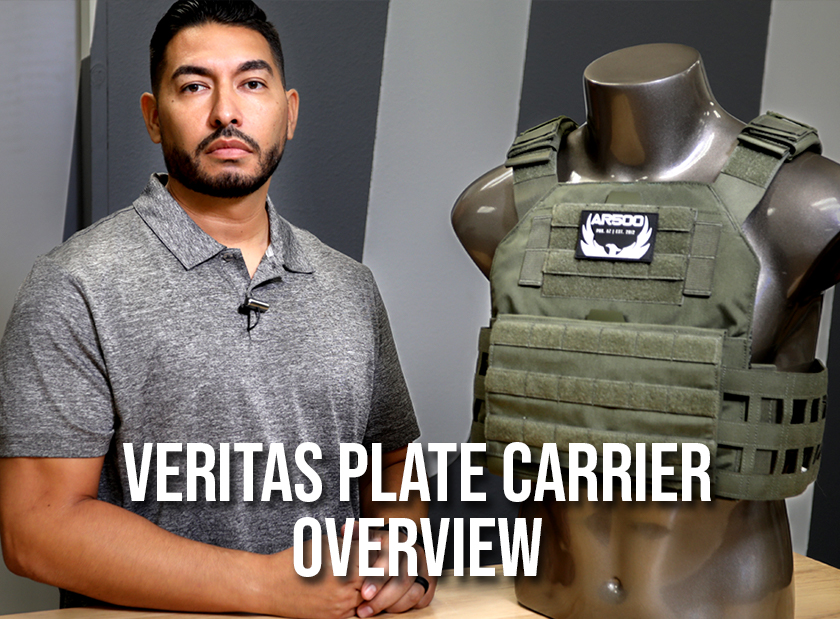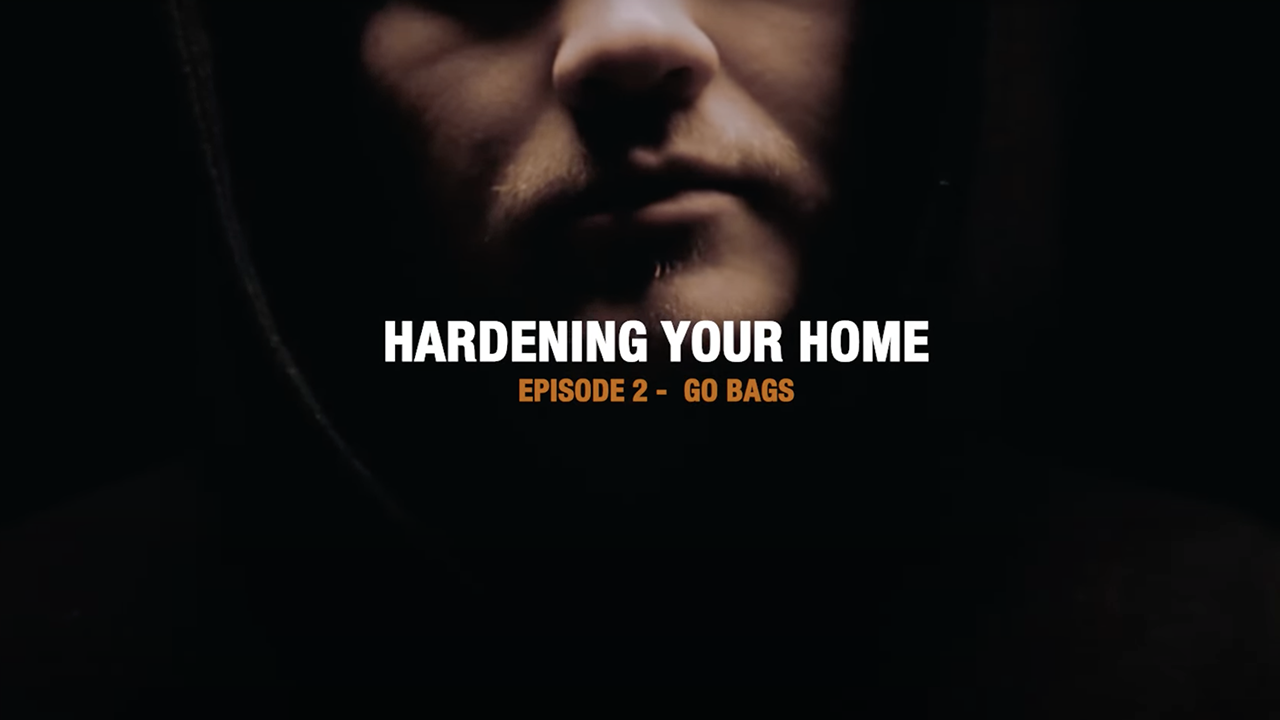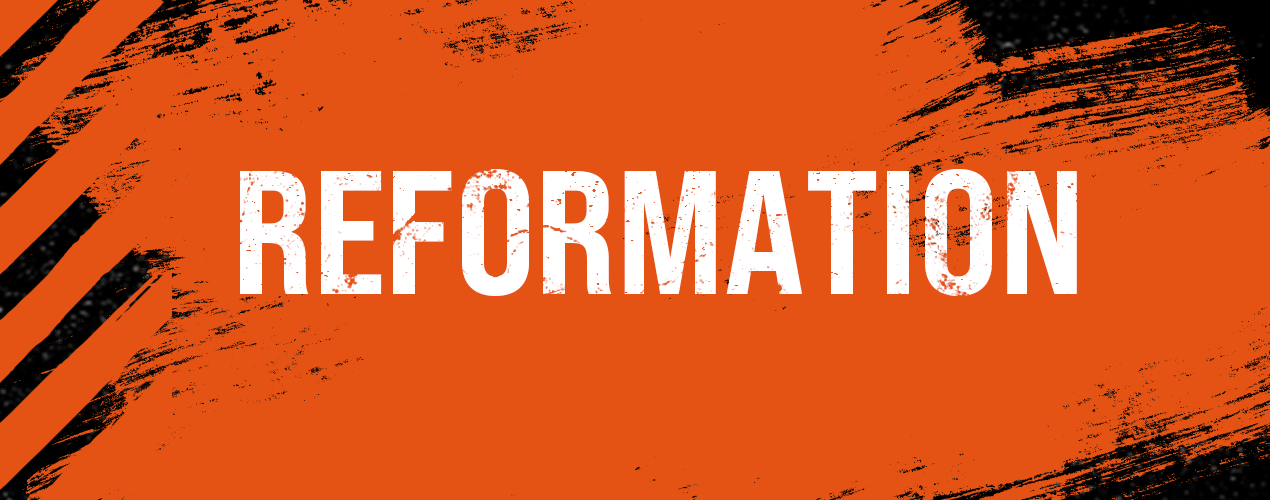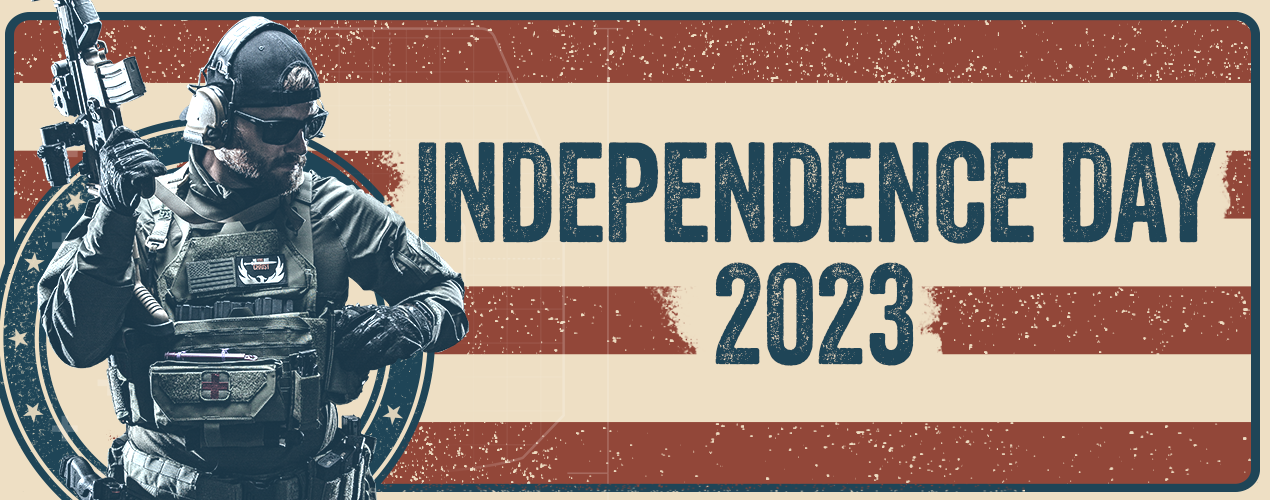From Where Does Authority Come?
- Jul 13, 2020
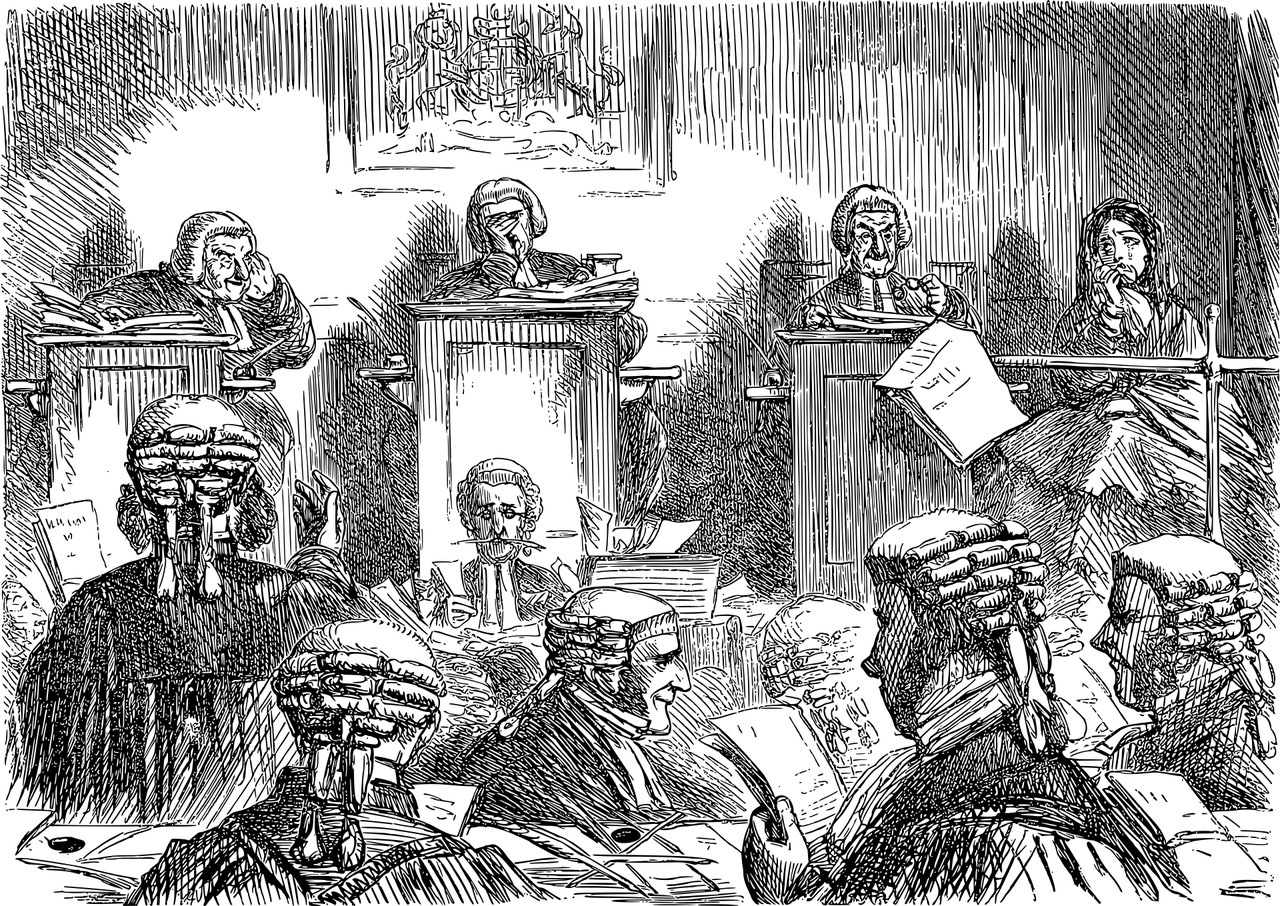
E Pluribus Unum. Out of Many, One. Our national motto came from the thirteen colonies that became one nation, founded on the concept of individual liberty and governed by the Constitution.
The Constitution gives the federal government the power to perform certain tasks and duties, and assigns all other powers to the states and the people. In turn, state governments establish the local governments within their boundaries and delegate and assign powers to them. This concept is outlined in the 9th and 10th Amendments to the Bill of Rights.
- Amendment IX
The enumeration in the Constitution, of certain rights, shall not be construed to deny or disparage others retained by the people.
- Amendment X
The powers not delegated to the United States by the Constitution, nor prohibited by it to the States, are reserved to the States respectively, or to the people.
Power flows uphill
As taught in schools, if civics is actually taught anymore, power appears to flow top-down. However, the Declaration of Independence shows that government’s legitimacy and moral authority to wield power actually eminates from the individual, who possesses his rights thanks to "the laws of Nature and Nature's God":
“...that to secure these rights, Governments are instituted among Men, deriving their just powers from the consent of the governed.”
Individuals vote to establish their local governments. Those local governments often choose to form relationships with other local governments, creating a new layer. This works its way up from the bottom. Without the consent of the governed, the three layers of Federalism - the people, the states and the U.S. - wouldn’t exist.
It is within these levels that the concept of subsidiarity resides, which holds that social and political issues (and we would include personal) are best dealt with at the “lowest” level appropriate for their outcome. For example:
- The federal government is responsible for national defense, international trade, and disputes among the states
- The state is responsible for creating state criminal laws, interstate agreements, and administration of state lands
- Counties are responsible for policing unincorporated areas, administration of county lands, and administration of laws within its boundaries
- Cities enforce city ordinances, and administer city services such as trash, water delivery, and libraries, where they might restrict some materials based on age appropriateness
- Parents or guardians can borrow those restricted items, and they decide if their younger children are mature enough to read them, not the library.
The government entity involvement follows a similar pattern on the way “up”: Cities don’t get involved with county tax collection, counties don’t have responsibility for administering state land, and states don’t negotiate international trade agreements on behalf of the United States.
Responsibility to resist the greater ruler
Within this framework also falls the Doctrine of the Lesser Magistrate, which is a legal concept explaining the exact circumstances that a lower level government official has the right and responsibility to resist the greater ruler. For example, the 25th Amendment to the US Constitution is the procedure in which the President can be removed by lesser figures in the national government.
Historically, the doctrine carried with it the possibility of violence and war since the lesser magistrates were directly opposing those above them. The doctrine was used in the Declaration of Independence to justify the breakaway from the monarchy, King George, by the “lesser leaders” who would ordinarily be bound to serve him.
Every nation, company, or organized structure needs a top executive at the helm. Nevertheless, in recent years several “lesser magistrates” have acted or refused to act where they believed the law would have abridged the rights of citizens, or forced citizens into acts that would violate their rights or freedom of conscience. The county clerks, sheriffs, police offices, and other officials still acted knowing there could be personal consequences for doing so.
Power resides in the people
But the concept doesn’t just apply to government officials. Private citizens with the knowledge and courage to act can have the greatest power to determine what is evil and resist it. Whether it’s as complex a topic as allowing your child to have a sip of wine with dinner at home or as simple as cutting the tag off your mattress, exercising your own judgment can be one of the most liberating acts you can do.
Over the next several weeks, we will explore these concepts and how they can apply in your life to ensure you live as free as you can, but also understand the courage it will take to do so.
